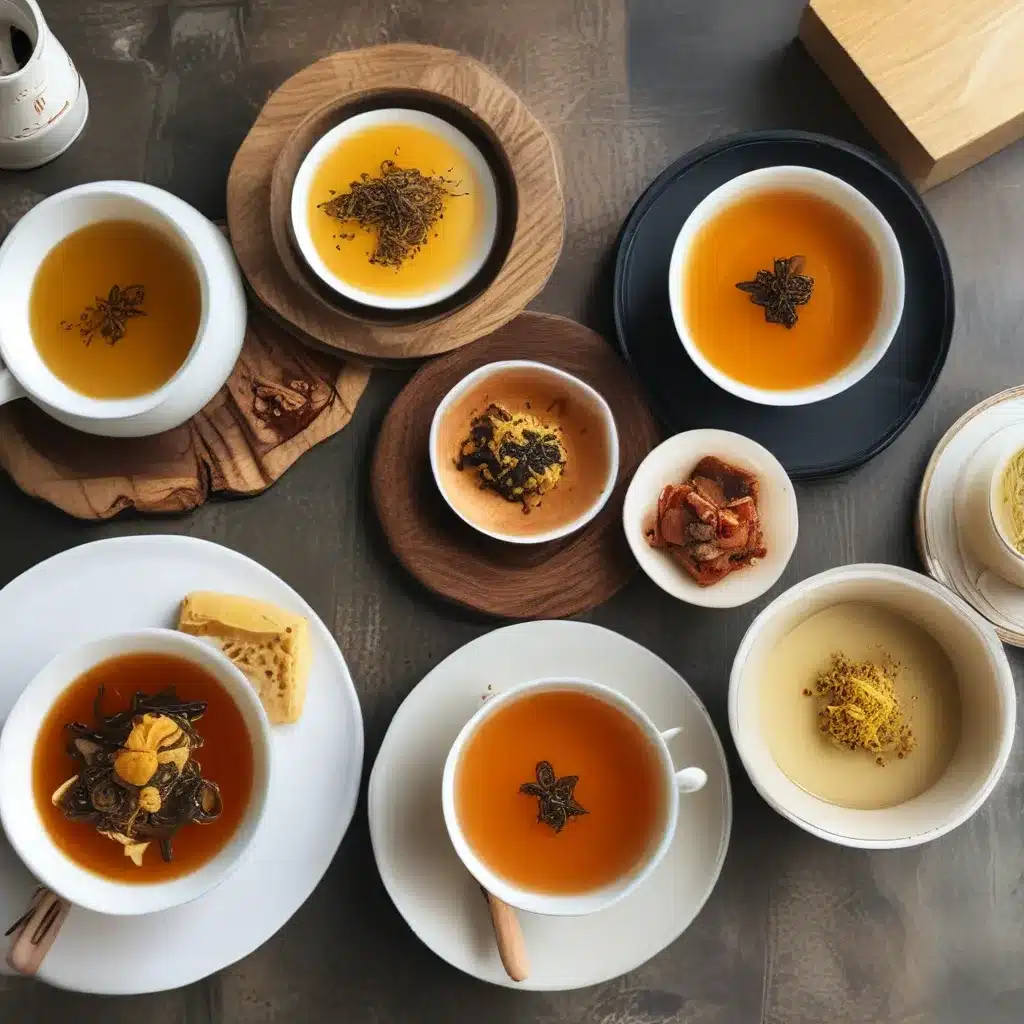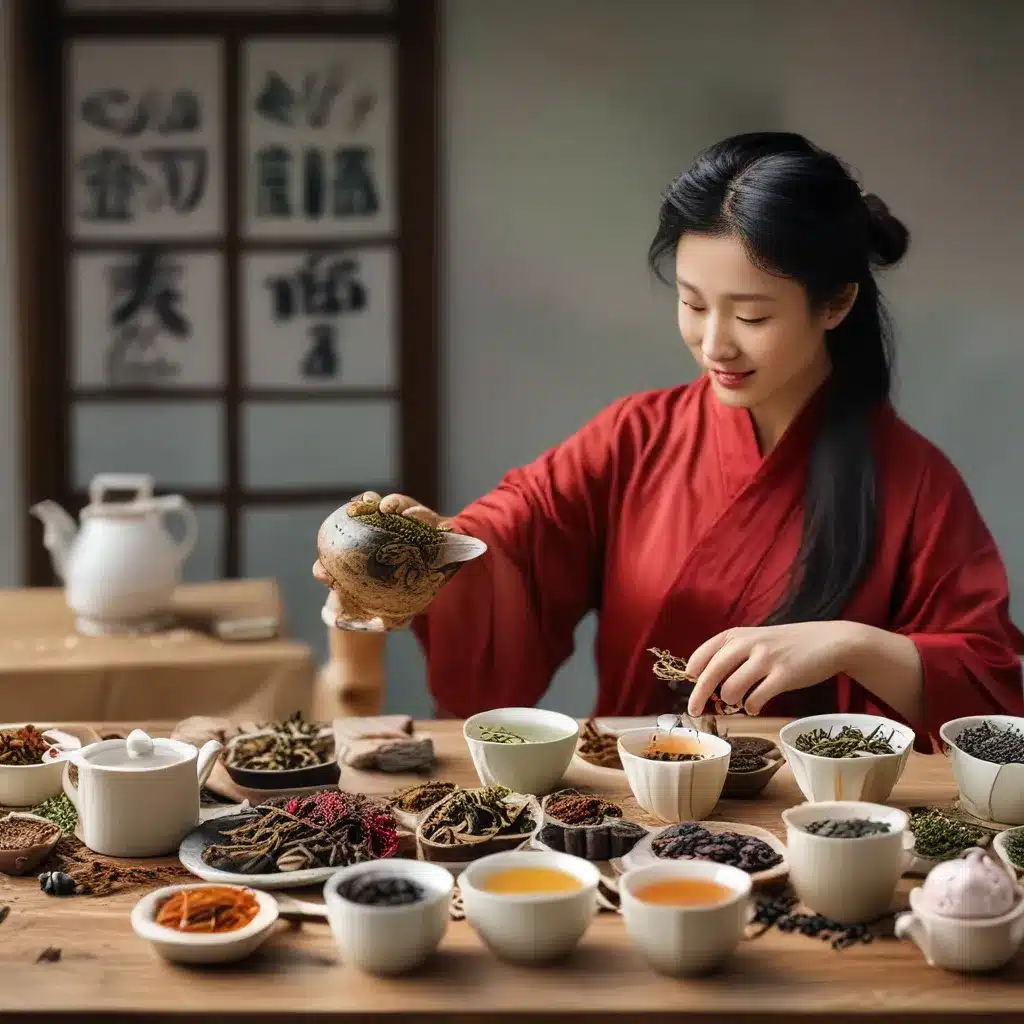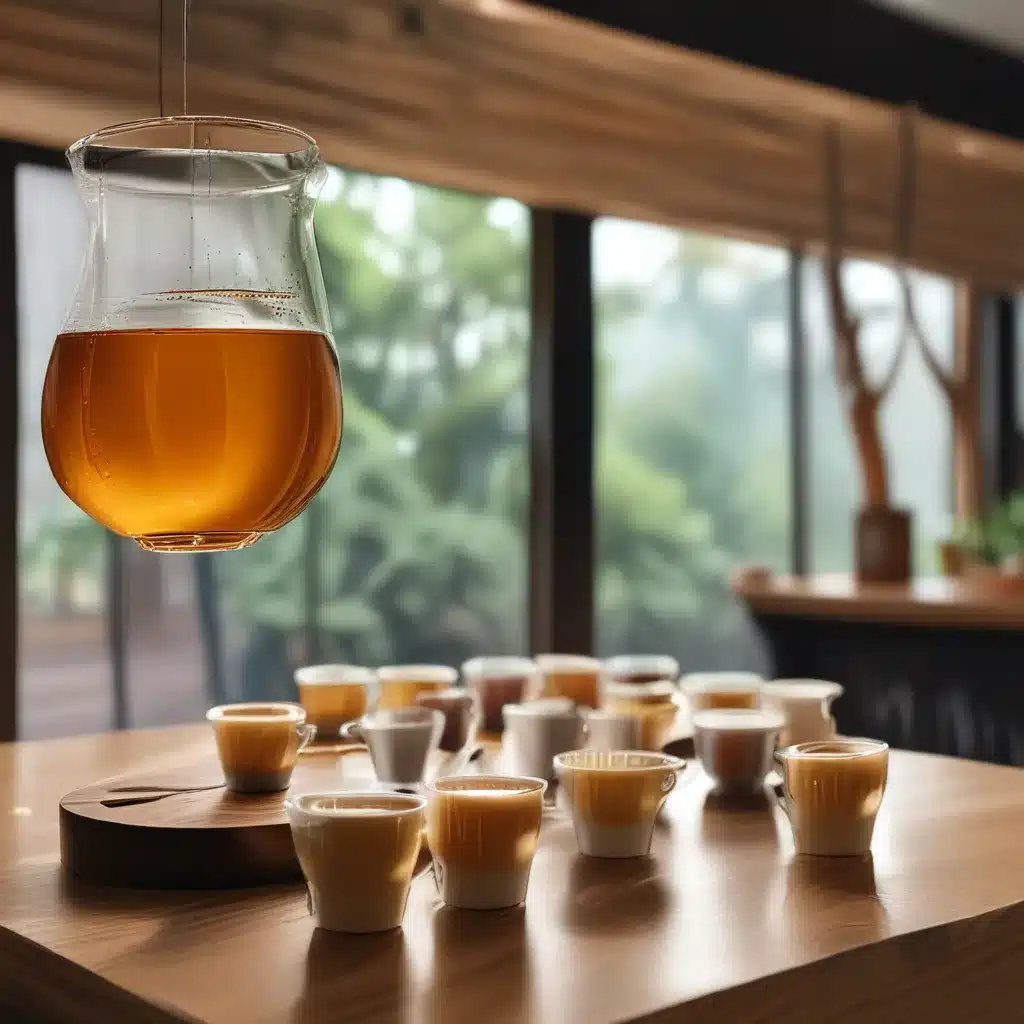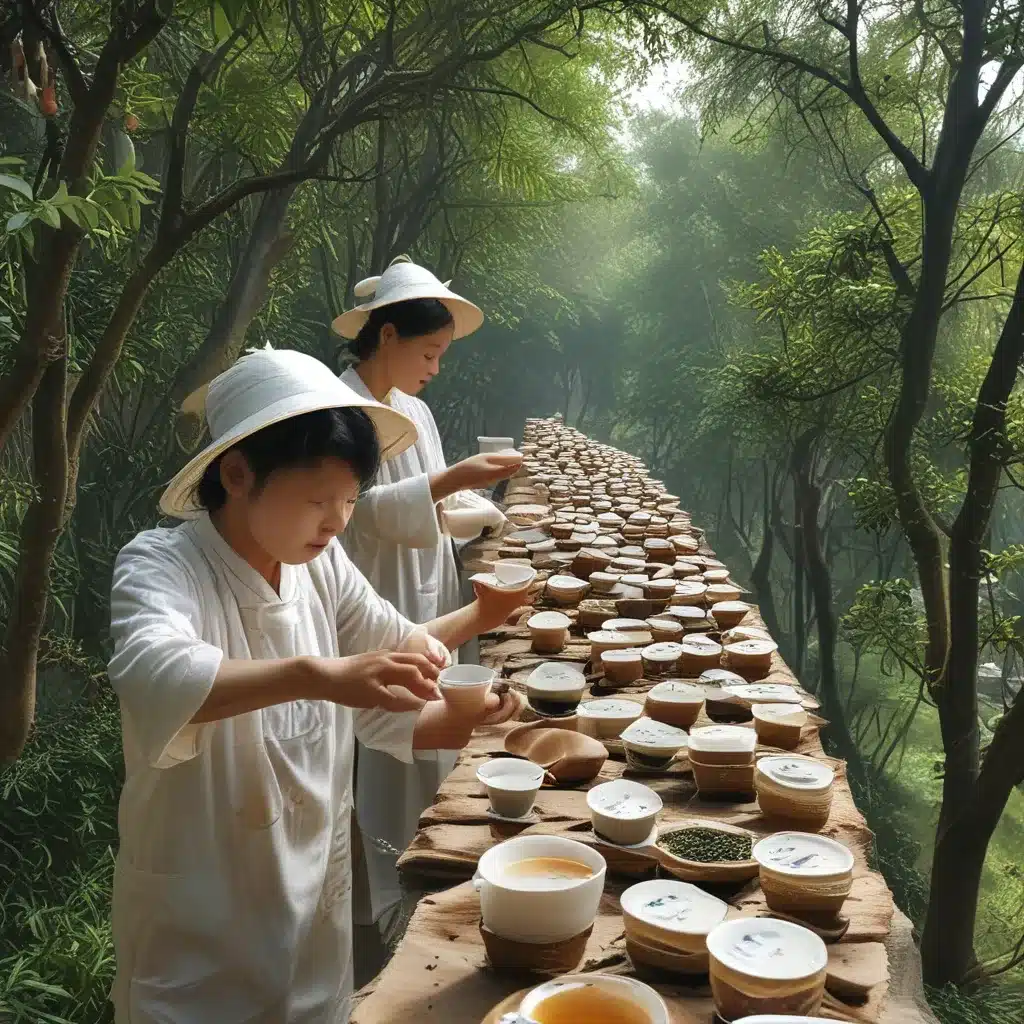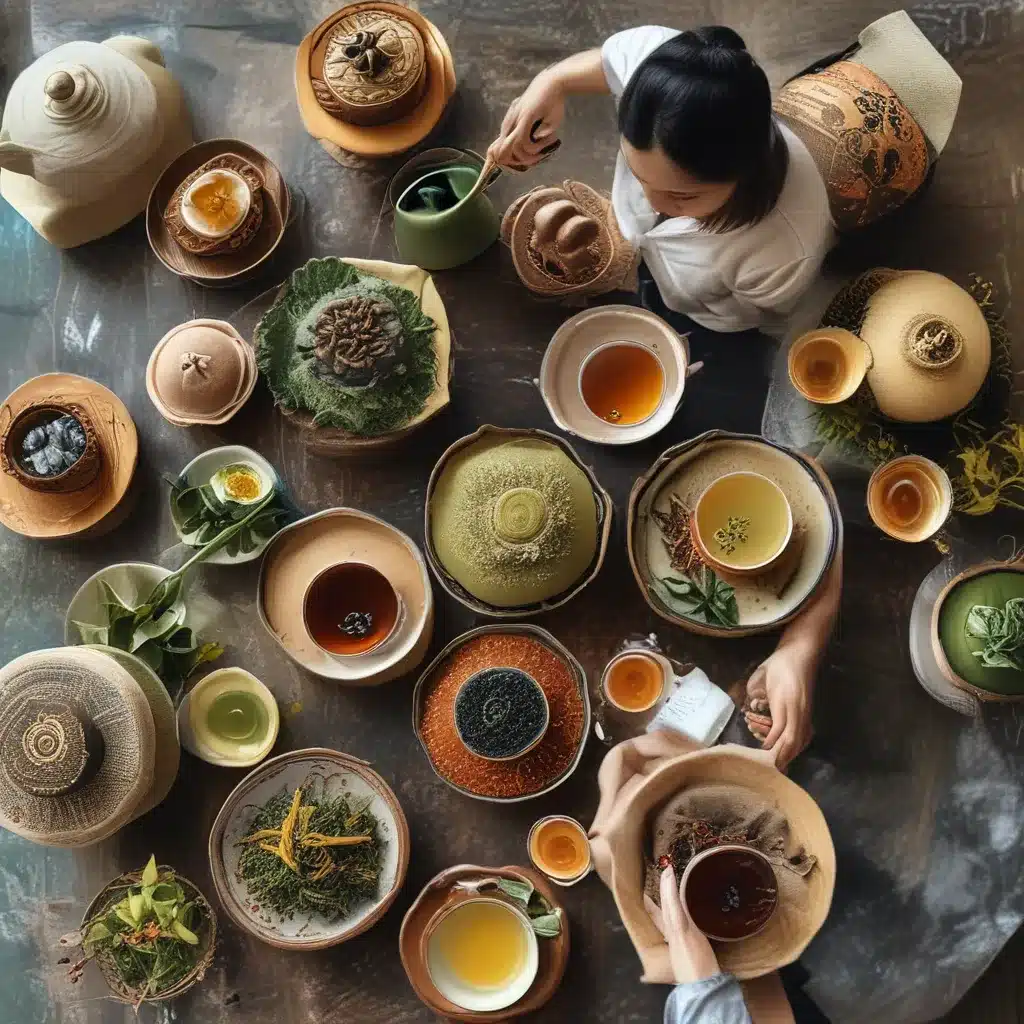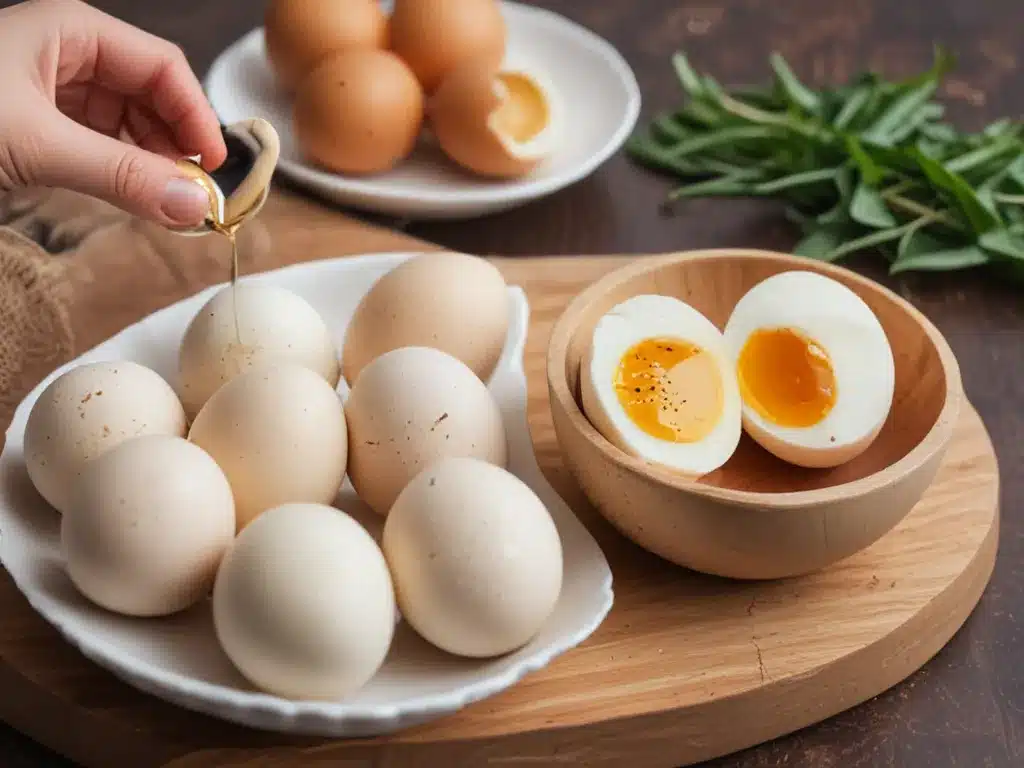
Materials Required to Make Tea Eggs
Some of the key materials required to prepare tea eggs at home include eggs, tea leaves, salt, soy sauce, and star anise. I will need around 6 eggs for this recipe. For the tea mixture, I will require about 2 tablespoons of black tea leaves, 1 tablespoon of salt, 2 tablespoons of soy sauce and 3-4 pieces of star anise. The tea leaves will provide the beautiful brown coloring to the eggs. Salt helps draw out moisture from the eggs while enhancing flavor. Soy sauce is a core ingredient that seasons the eggs with its umami taste. Star anise adds a subtle licorice flavor to the eggs.
Cleaning and Prepping the Eggs
The first step is to clean and prep the eggs. I will take the eggs and wash them thoroughly under running water to remove any debris. After washing, I will gently dry the eggs with a paper towel or cloth. Next, I will carefully pierce the large end of each egg with a clean needle or toothpick to allow steam to escape during cooking and prevent cracking. Prepping the eggs in this manner gets them ready for soaking in the tea mixture.
Making the Tea Mixture
To make the tea mixture, I will take the tea leaves, salt, soy sauce and star anise in a small pot. Then I will add water to just cover the ingredients. Next, I will bring the mixture to a boil over medium heat while stirring occasionally. Once boiling, I will remove from heat and allow steeping for 5 minutes to extract maximum flavor from the tea leaves into the liquid. After steeping, I will strain the tea mixture through a fine mesh sieve into a clean container, discarding the solids. The tea-infused liquid is now ready.
Steeping the Eggs in Tea Mixture
With the tea mixture prepared, I am now ready to steep the eggs. I will gently lower the prepped eggs into the tea mixture, making sure they are fully submerged. Next, I will cover the container and refrigerate for 7-10 days, turning the eggs twice a day. During this time, the eggs will absorb the flavors of the tea mixture. Every two days, I will top up the container with more tea mixture if needed to keep the eggs submerged. After 7-10 days of steeping, the eggs will be ready.
Finishing and Enjoying the Tea Eggs
Once the steeping time is over, I will remove the eggs from the container. At this point, the shells will have a beautiful brown hue from the tea and look beautifully marbled on cutting open. I can further enhance the flavor by gently rubbing the shells with a mixture of salt and soy sauce to form a light glaze. The tea eggs are now ready to be enjoyed! I can cut them and add to congee, fried rice or simply enjoy them as a snack on their own. The unique savory and tender taste of the eggs makes them a real treat.
Storing Leftover Tea Eggs
If I have any leftover tea eggs post consumption, I can store them submerged in fresh tea mixture in an airtight container in the refrigerator for 7 more days. Alternately, I can peel the eggs, cut into halves or quarters and refrigerate in an airtight container for 3-4 days. The peeled and cut eggs are more convenient for adding to dishes compared to whole eggs. Proper refrigeration helps keep the tea eggs fresh for longer.
Variations in Preparing Tea Eggs
While the basic method of preparing tea eggs remains the same, there is flexibility to experiment with variations. I can try different herbs like bay leaves, cloves or cinnamon sticks in addition to or instead of star anise in the tea mixture. I can also infuse Chinese wine or rice vinegars to the mixture for added dimension. I may steep the eggs for shorter or longer periods depending on desired intensity of flavor. Cutting and marinating the hard boiled eggs in soy sauce prior to steeping also yields tasty results. Playing with subtle differences keeps the process of making tea eggs an enjoyable experience.

